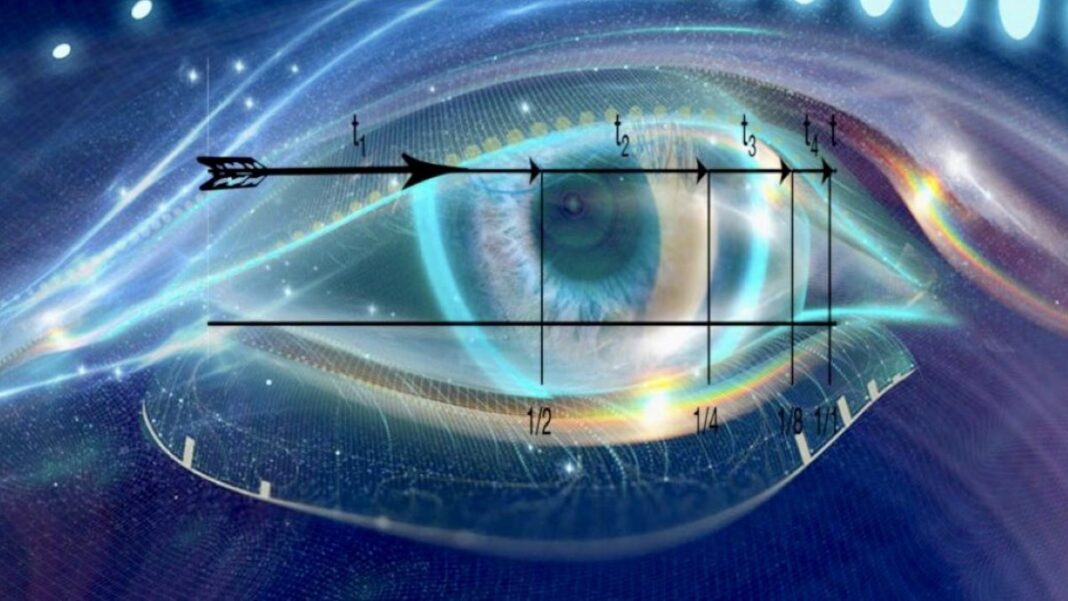INDIA: The Arrow Paradox is a classic philosophical problem that has puzzled scholars for centuries.
The Arrow Paradox arises from the question of how an object can move from one point in space to another when, at any given moment, it occupies only a single point in space.
While this paradox has long fascinated philosophers, recent research has shown that it may also have implications for physics and our understanding of the nature of time.
Modern physicists often attribute the Arrow Paradox to the ancient Greek philosopher Zeno of Elea, who used it to challenge the concept of motion.
Zeno argued that since an arrow in flight is always in one place at any given moment, an observer cannot say it is moving. This argument seems to defy common sense and raises questions about the nature of space and time.
Recent research has shown that the Arrow Paradox may have implications for physics too. Physicists have long struggled to reconcile time’s seemingly continuous nature with the discrete nature of the subatomic world.
The Arrow Paradox suggests that time may be more complex than we previously thought and that our understanding of it may need to be revised.
One proposed solution to the Arrow Paradox is the “relational space” concept. This theory argues that space is not an absolute entity, but instead, it is a relationship between objects.
In other words, an object’s relationship with respect to another entity in space defines its position.
This theory has implications for our understanding of time as well. If space is relational, then time may be as well. The concept suggests that time may be a property of objects rather than an independent entity.
In other words, time is not a universal constant but a property of individual objects and their relationships to other entities.
This idea has profound implications for our understanding of the universe. It suggests that the universe is not a static entity but a dynamic system of relationships between objects.
The idea could help physicists to reconcile the seemingly contradictory nature of quantum mechanics and relativity and provide a more comprehensive understanding of the universe.
The Arrow Paradox is just one of many philosophical problems that challenge our understanding of the world. However, as researchers continue to explore these problems, they may uncover new insights into the nature of reality and our place within it.
As we continue to grapple with the Arrow Paradox and other philosophical problems, they remind us of the beauty and complexity of the world around us.
These challenges serve as a reminder that there is always more to learn and discover and that pursuing knowledge and understanding is a lifelong journey.
Also Read: Artificial Intelligence and the Liar Paradox: Machines’ Ability to Understand Language



